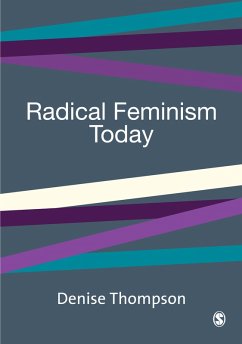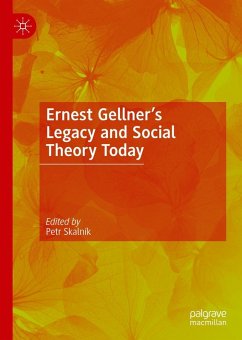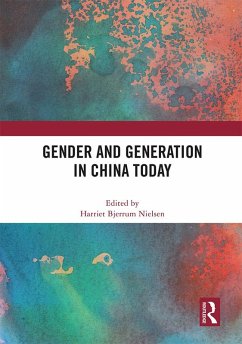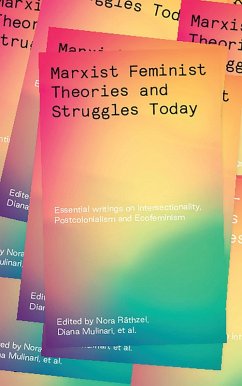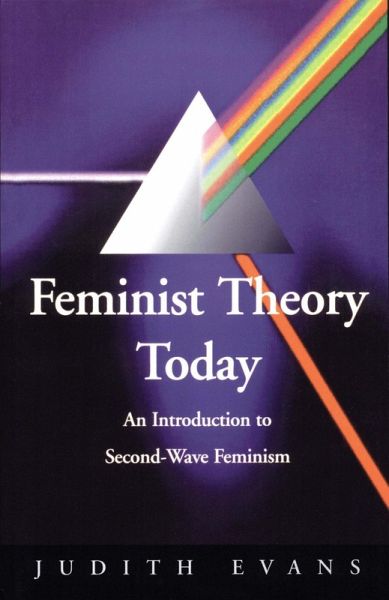
Feminist Theory Today (eBook, PDF)
An Introduction to Second-Wave Feminism
Versandkostenfrei!
Sofort per Download lieferbar
51,95 €
inkl. MwSt.
Weitere Ausgaben:

PAYBACK Punkte
26 °P sammeln!
This stimulating text presents a concise and accessible introduction to feminist theory today. Covering all the major variants of feminist political thought, it offers a unique examination of the archive of modern feminist theory from the publication of The Feminine Mystique in 1963 to current postmodernist and legal feminist texts. It provides both an intellectual history and a political critique of contemporary feminism in the United States and in the United Kingdom. Judith Evans focuses on the divergence within, as well as between, feminist schools, and on protests from women marginalized b...
This stimulating text presents a concise and accessible introduction to feminist theory today. Covering all the major variants of feminist political thought, it offers a unique examination of the archive of modern feminist theory from the publication of The Feminine Mystique in 1963 to current postmodernist and legal feminist texts. It provides both an intellectual history and a political critique of contemporary feminism in the United States and in the United Kingdom. Judith Evans focuses on the divergence within, as well as between, feminist schools, and on protests from women marginalized by `the movement' - including those who are lesbian and those who are black.
Feminist Theory Today contends that the early feminist demand for radical equality has gone, contributing to its drastic undertheorization. While brilliantly reconceptualizing this concept, the author documents the changes in socialist feminism from its revolutionary origins to its current focus on modifying liberal democratic forms.
Feminist Theory Today contends that the early feminist demand for radical equality has gone, contributing to its drastic undertheorization. While brilliantly reconceptualizing this concept, the author documents the changes in socialist feminism from its revolutionary origins to its current focus on modifying liberal democratic forms.
Dieser Download kann aus rechtlichen Gründen nur mit Rechnungsadresse in A, D ausgeliefert werden.




